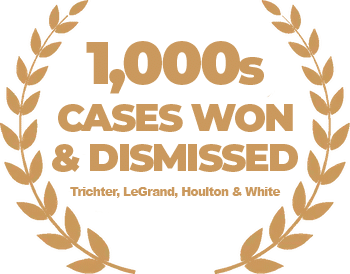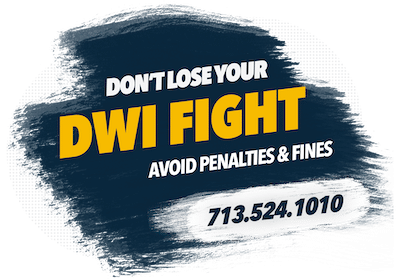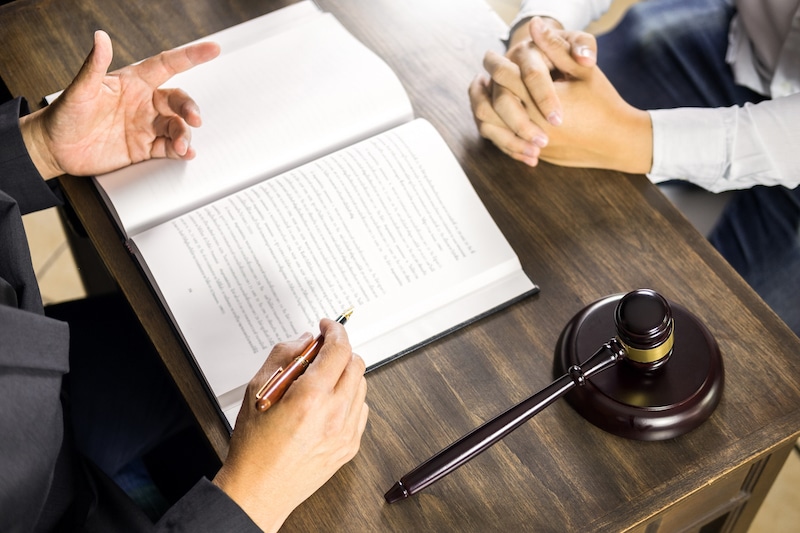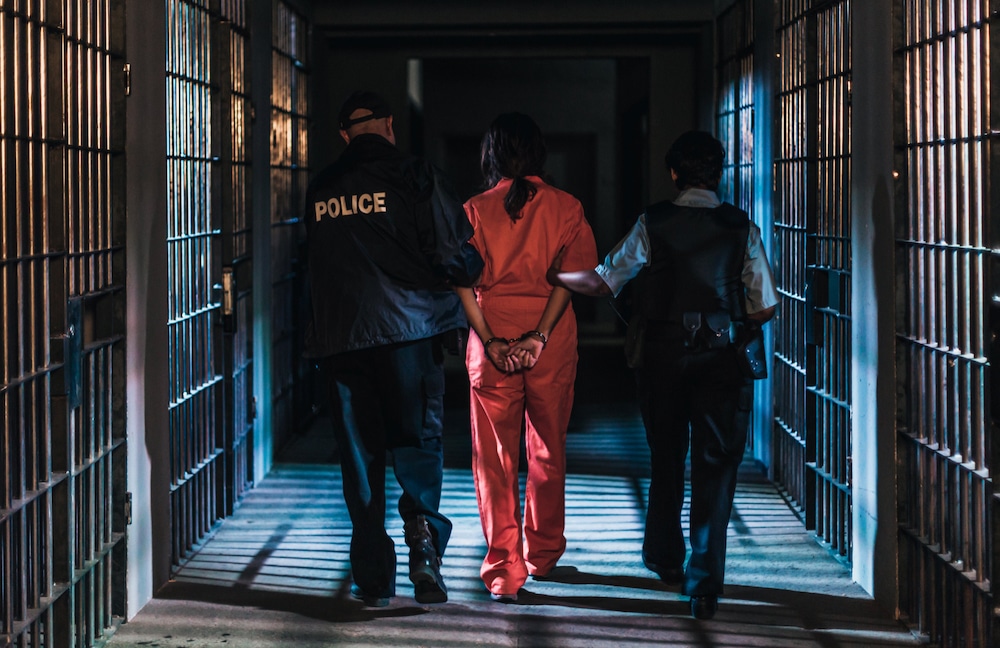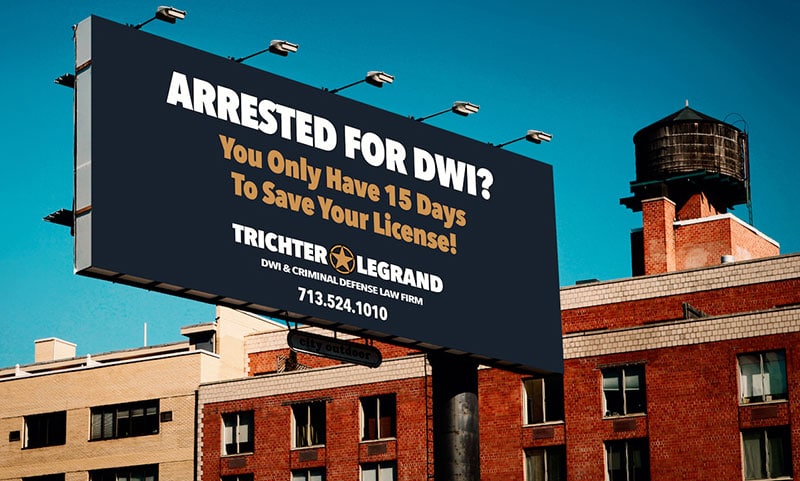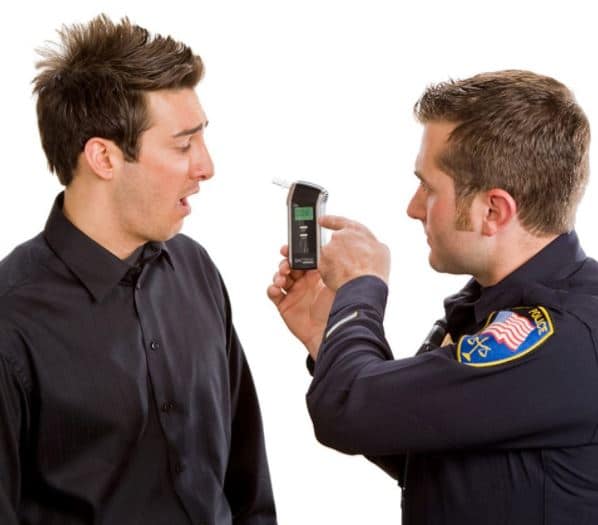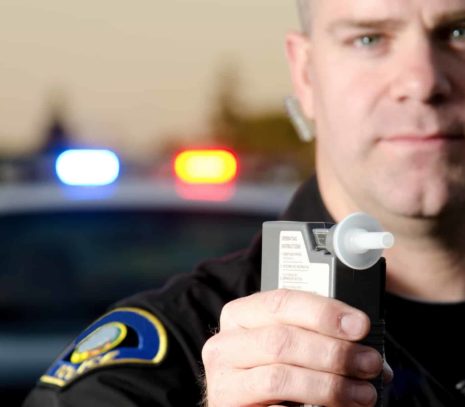What are the penalties for driving with a suspended Texas drivers license?
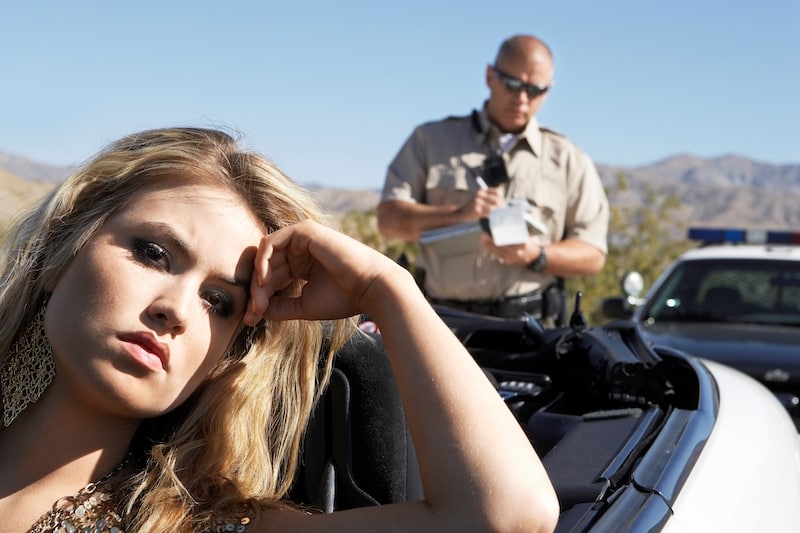
Suspended Texas Driver’s License? If you have a suspended Texas drivers license because you declined a chemical test or because you were convicted of DWI, the penalties can vary.
Driving while license suspended (DWLS) is a misdemeanor and:
- has a punishment range of 3 days to 180 days in jail and/or
- a fine from $100 to $500.
- A new offense is committed every time a person drives DWLS
- Each of these punishments may be probated.
If you have a suspended Houston, Texas drivers license, you may apply for an occupational driver’s license (ODL).
This type of license is limited in scope and geography (you may drive only in named counties).
To receive an ODL, the driver must show good cause.
For example, you may need to show you need a license for going to and from work, taking children to and from school, going to and from a religious service, traveling to or from a grocery store, or traveling to or from a medical facility for treatment.
The courts will also require the installation of an alcohol interlock device on your vehicle.
If your driver license has been suspended because of a DWI or other crime, contact the DWI attorneys at Trichter & LeGrand 24/7 for a free consultation.
We can help you aggressively fight to get you license back and get your life back on track.
TELL US ABOUT YOUR CASE
Form Submissions have a fast response time. Request your free consultation to discuss your case with one of our attorneys over the phone. The use of this form does not establish an attorney-client relationship.
The information on this website is for general information purposes only. Nothing on this site should be taken as legal advice for any individual case or situation. This information is not intended to create, and receipt or viewing does not constitute, an attorney-client relationship.

